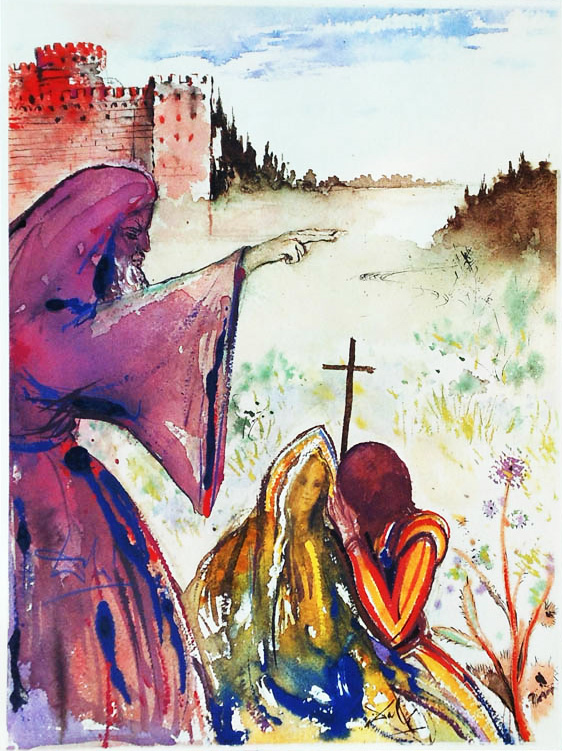Timelessness is held aloft as a standard by which we recognize a masterpiece. Ben Jonson wrote of Shakespeare ,"He was not of an age, but for all time", and while Jonson's eulogy may be slightly tongue-in-cheek, the observation has turned out to be a dead-on appraisal. Conversely, when a piece of work is described as "dated", it's not complimentary. Being "of an age" translates into "not aging well", and this is not a good sign for a book, play, musical composition, or film. But I found myself wondering, what does make something age well? Is it possible to be dated yet still be successful aesthetically? For a test case, I've chosen one of my favorite films from Alfred Hitchcock: Spellbound(1945).



